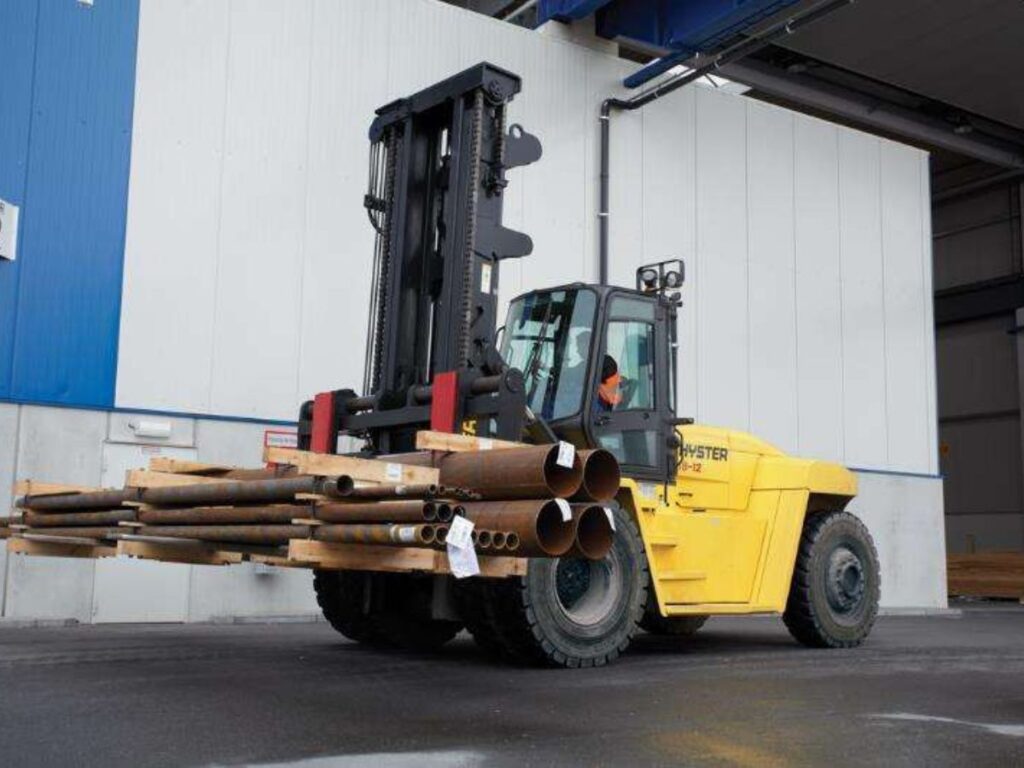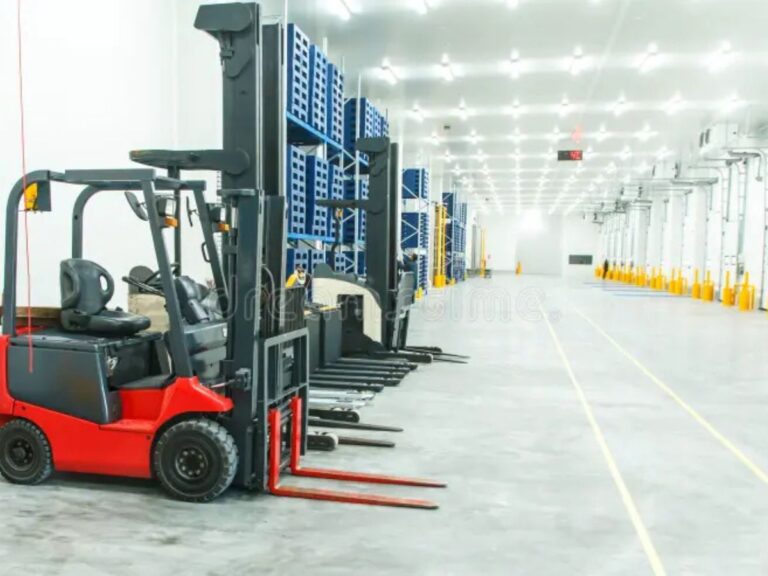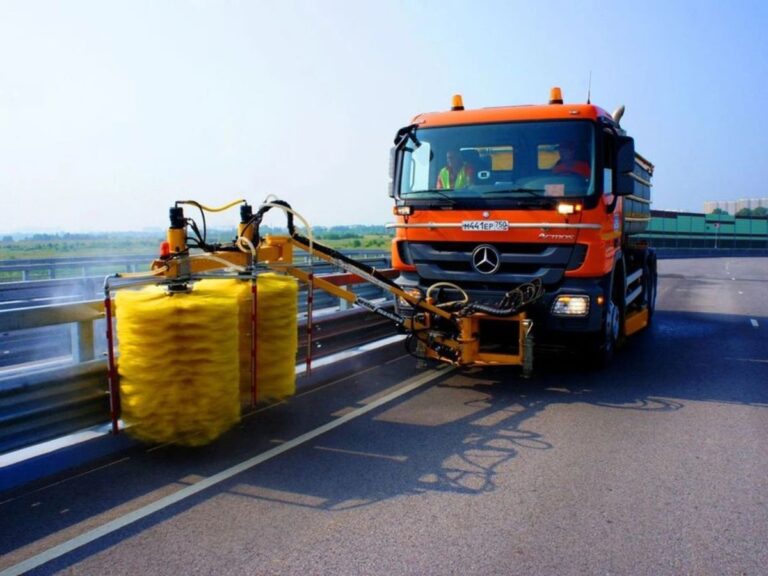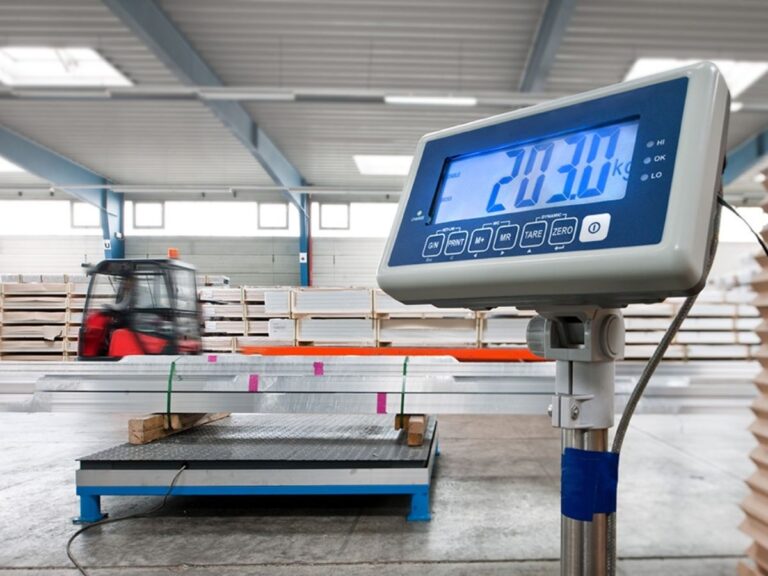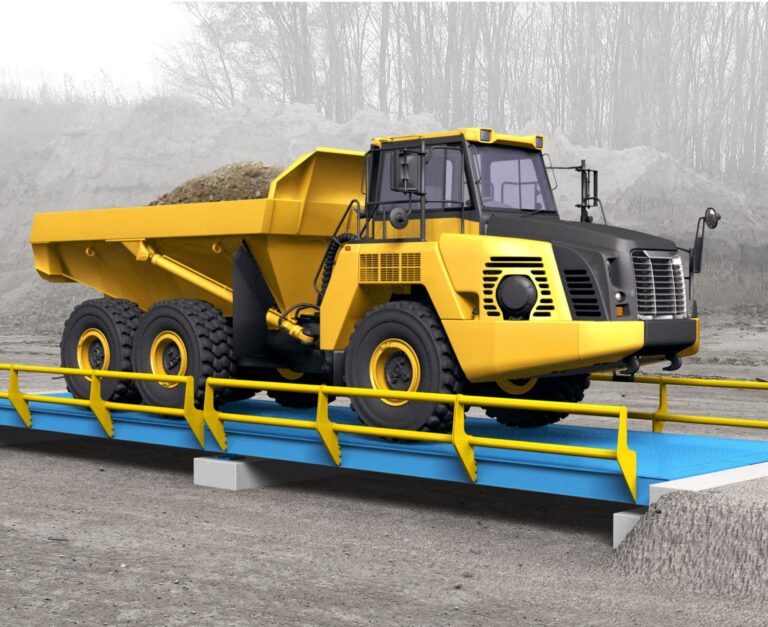When it comes to your business’s efficiency and precision in handling heavy loads, the choice of a forklift scale plays a pivotal role. Selecting the right forklift scale can significantly impact your operations, ensuring accuracy in weighing, and reducing downtime. In this comprehensive guide, we will explore how to choose the right forklift scale for your specific needs.
Understanding Your Business Requirements
Before delving into the world of forklift scales, it’s crucial to understand your unique business requirements. Different businesses have different needs, so take the time to assess your specific situation. Consider factors such as the type and weight of the loads you handle, your budget, and any industry-specific regulations that may pertain to forklift scales.
Types of Forklift Scales
There’s a wide array of options available when it comes to forklift scales, each designed for specific applications. These include:
- Weigh Bar Scales
- Ideal for industrial settings and capable of handling large loads with high accuracy.
- Onboard Scales
- These scales are integrated into the forklift, providing real-time measurements and convenience.
- Pallet Jack Scales
- Perfect for warehouses and logistics, allowing you to weigh loads on the go.
- Hydraulic Scales
- Known for their durability and accuracy, making them suitable for rugged environments.
Budget Considerations
Your budget is a crucial factor when choosing a forklift scale. While it’s tempting to opt for the most expensive model, it may not always be necessary for your needs. Evaluate your budget and find a balance between affordability and quality. Quality forklift scales come in a variety of price ranges.
Accuracy and Precision
For many businesses, the primary goal of using forklift scales is to ensure accurate measurements. Look for a scale that provides the level of precision your operations require. Factors like load capacity, readability, and accuracy under varying conditions should be considered to ensure you get the forklift scale that meets your needs.
Forklift Scale Compatibility
Consider how easy it is to install and maintain the chosen forklift scale. If it requires extensive installation or frequent maintenance, it may disrupt your operations. Opt for a model that suits your team’s expertise and the resources available for maintenance. Forklift scale compatibility with your existing forklift is vital to ensure seamless integration.
Credible Sources for Guidance
When making such an important decision, it’s essential to rely on credible sources for guidance. Consult with industry experts, read customer reviews, and reach out to manufacturers for advice. Don’t hesitate to seek recommendations from businesses with similar needs. If you are facing issues with your current forklift scales, consider contacting experts in forklift repair, such as Forklift Repair in Fresno, Forklift Repair Phoenix or Arizona, for assistance.
Forklift Scales Prices
Determining the cost of the forklift scale is a crucial aspect of the decision-making process. Forklift scales prices can vary significantly depending on the type, brand, and features. Ensure that the selected scale aligns with your budget while meeting the necessary specifications.
Forklift Scale for Quality Control
Quality control is paramount in many industries, and a forklift scale can play a pivotal role in maintaining this standard. The right forklift scale can help ensure the quality of your products by accurately measuring ingredients, raw materials, or finished goods. This is especially crucial in businesses where precise measurements are integral to product quality.
Forklift with Scale: A Convenient Solution
If your operations demand real-time measurements and convenience, considering a forklift with an integrated scale (a forklift mounted scale or an onboard scale) can be a game-changer. These forklifts come equipped with built-in scales, eliminating the need for additional equipment, and making them ideal for businesses with frequent weighing needs.
Forklift Weighing Systems
Forklift weighing systems encompass various components, including the scale itself, data transfer mechanisms, and associated software. When choosing a forklift scale, it’s essential to consider the entire system and ensure it aligns with your business’s requirements. A well-integrated weighing system can streamline your operations and data management.
Forklift Weight Scales: Durability Matters
In rugged environments where forklifts are exposed to challenging conditions, the durability of the scale becomes a critical factor. Opt for forklift weight scales known for their robustness, as they can withstand harsh environments and provide accurate measurements over extended periods.
FAQs
Q: Can I install a forklift scale myself?
A: Installation is typically best done by professionals to ensure accuracy and safety.
Q: What’s the optimal load capacity for a forklift scale?
A: The load capacity should be chosen based on the heaviest load you’ll handle.
Q: Are there any industry-specific regulations to consider?
A: Yes, some industries may have specific requirements for weighing equipment.
Q: Do I need a forklift scale with wireless data transfer?
A: It depends on your operations; wireless data transfer can enhance efficiency and record-keeping.
Q: How often should I calibrate my forklift scale?
A: Regular calibration is vital, and the frequency depends on usage and industry standards.
Q: Can I use a forklift scale in harsh environmental conditions?
A: Some scales are designed for rugged environments, so make sure to choose one suitable for your conditions.
Conclusion
Choosing the right forklift scale is a decision that can impact the efficiency and accuracy of your operations. By understanding your specific needs, considering budget, accuracy, and compatibility, and consulting credible sources, you can confidently select the perfect forklift scale for your business.

